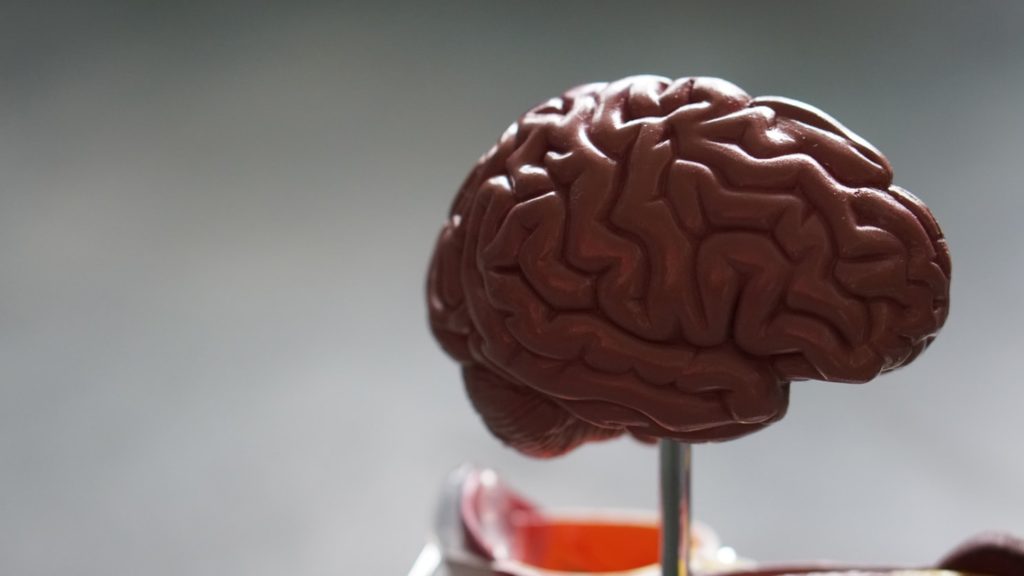At Comprehensive Healthcare Group, we have state-of-the-art electrodiagnostic imaging equipment at our facility that allows us to properly determine the cause of your nerve or muscle issues. We perform extensive testing on patients who need it so that we can create a proper, effective treatment plan catered to their specific needs. Contact us today to get started with nerve testing in Oceanside!






